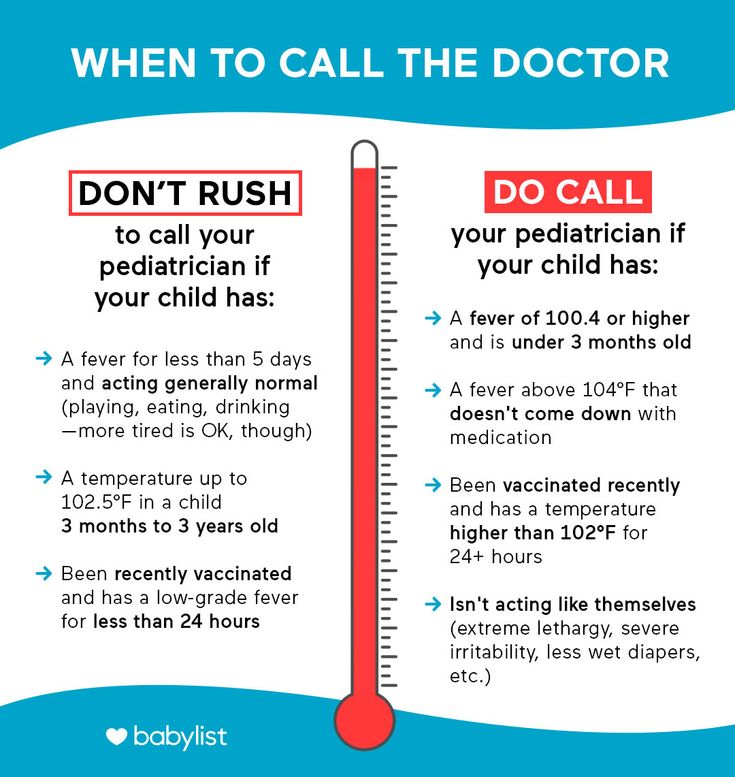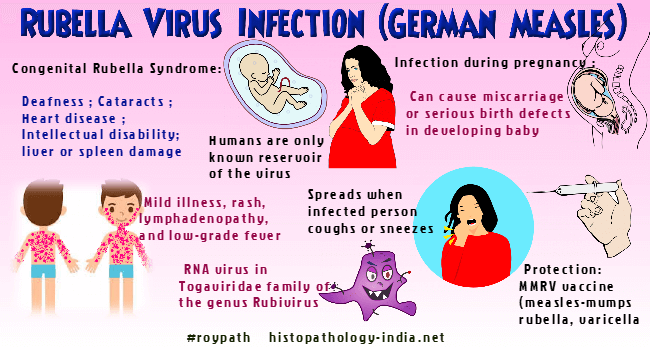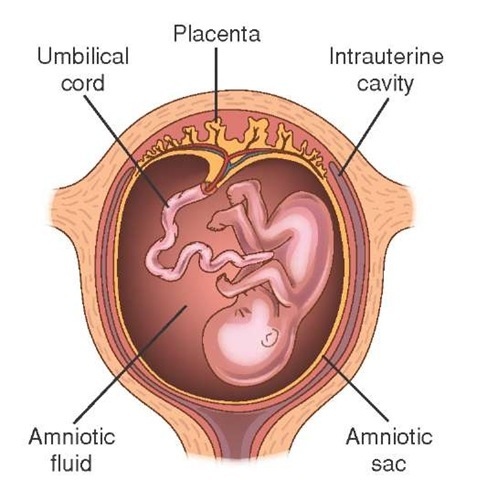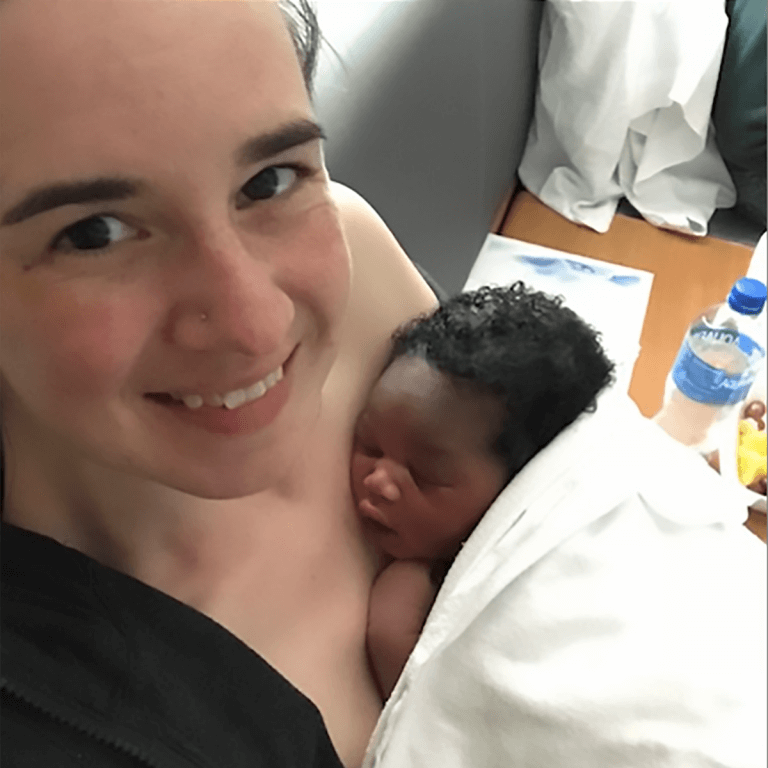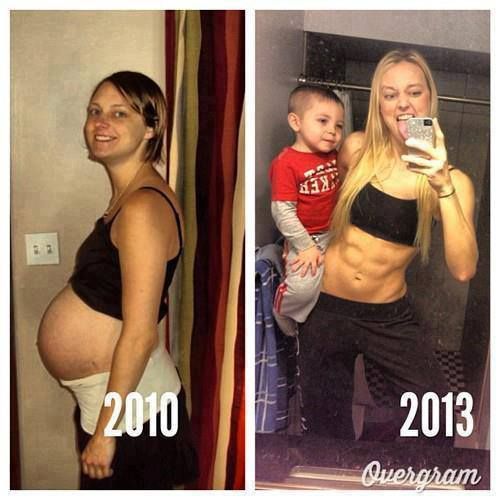Signs for giving birth
Signs that labour has begun
Know the signs
There are several signs that labour might be starting, including:
- contractions or tightenings
- a "show", when the plug of mucus from your cervix (entrance to your womb, or uterus) comes away
- backache
- an urge to go to the toilet, which is caused by your baby's head pressing on your bowel
- your waters breaking
The early (latent) stage of labour can take some time.
Urgent advice: Call your midwife or maternity unit if:
- your waters break
- you have vaginal bleeding
- your baby is moving less than usual
- you're less than 37 weeks pregnant and think you might be in labour
These signs mean you need to see a midwife or doctor.
Latent phase of labour
The start of labour is called the latent phase. This is when your cervix becomes soft and thin, and starts opening for your baby to be born. This can take hours or sometimes days.
You'll probably be advised to stay at home during this time. If you go to the hospital or maternity unit, they may suggest you go back home.
Find out more about the stages of labour and what you can do at home during the latent phase.
Call your midwife if you're unsure or worried about anything.
What do contractions feel like
When you have a contraction, your womb tightens and then relaxes. For some people, contractions may feel like extreme period pains.
You may have had contractions during your pregnancy, particularly towards the end. These tightenings are called Braxton Hicks contractions and are usually painless.
These tightenings are called Braxton Hicks contractions and are usually painless.
Your contractions tend to become longer, stronger and more frequent as your labour progresses. During a contraction, the muscles tighten and the pain increases. If you put your hand on your abdomen, you'll feel it getting harder; when the muscles relax, the pain fades and you will feel the hardness ease.
The contractions are pushing your baby down and opening the entrance to your womb (the cervix), ready for your baby to go through.
Your midwife will probably advise you to stay at home until your contractions become frequent.
Call your midwife or maternity unit for guidance when your contractions are in a regular pattern and:
- last at least 60 seconds
- come every 5 minutes or
- you think you are in labour
Read more information on when to go to hospital
Backache often comes on in labour
You may get backache or a heavy, aching feeling.
A "show" can signal the start of labour
During pregnancy, there's a plug of mucus in your cervix. This mucus comes away just before labour starts, or when in early labour, and it may pass out of your vagina. This sticky, jelly-like pink mucus is called a show.
It may come away in 1 blob or in several pieces. It's pink because it contains a small amount of blood.
If you're losing more blood, it may be a sign something is wrong, so phone your hospital or midwife straight away.
A show indicates that the cervix is starting to open. Labour may quickly follow or may take a few days. Sometimes there is no show.
What happens when my waters break
It's likely your waters will break during labour, but it can also happen before labour starts.
Your baby develops and grows inside a bag of fluid called the amniotic sac.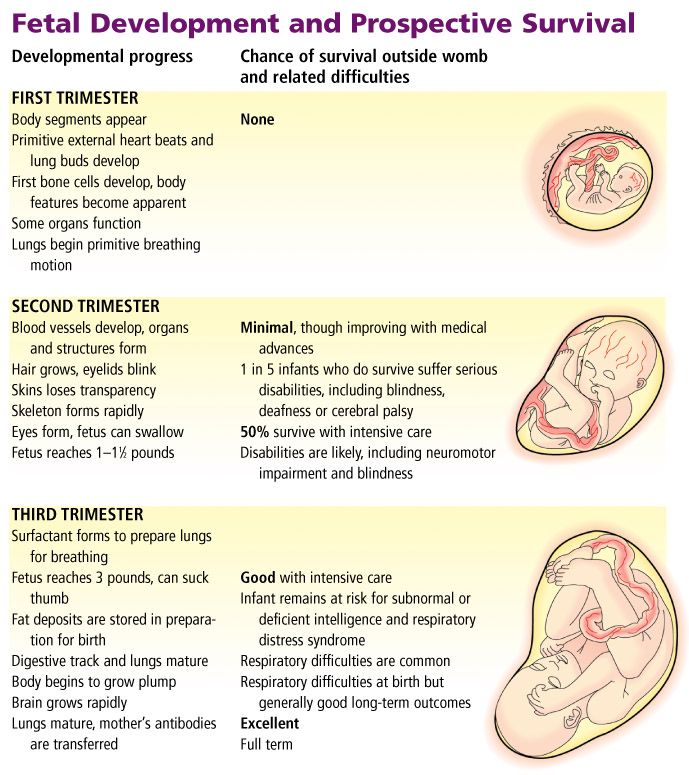 When it's time for your baby to be born, the sac usually breaks and the amniotic fluid drains out through your vagina. This is your waters breaking. Sometimes when you're in labour, a midwife or doctor may offer to break your waters.
When it's time for your baby to be born, the sac usually breaks and the amniotic fluid drains out through your vagina. This is your waters breaking. Sometimes when you're in labour, a midwife or doctor may offer to break your waters.
If your waters break naturally, you may feel a slow trickle or a sudden gush of water you cannot control. To prepare for this, you could keep a sanitary towel (but not a tampon) handy if you're going out, and put a protective sheet on your bed.
Amniotic fluid is clear and pale. Sometimes it's difficult to tell amniotic fluid from urine. When your waters break, the water may be a little bloodstained to begin with.
Tell your midwife immediately if:
- the waters are smelly or coloured
- you're losing blood
This could mean you and your baby need urgent attention.
If your waters break before labour starts, call your midwife.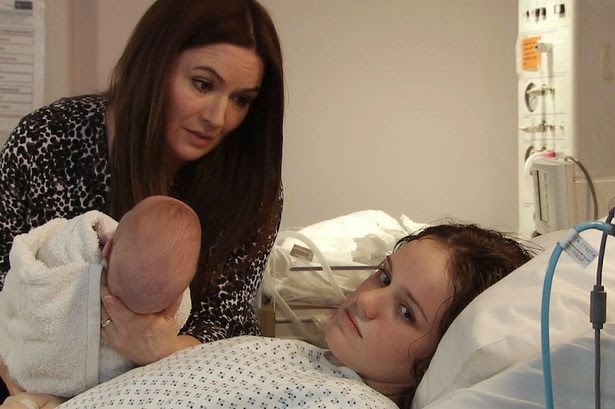 Use a sanitary pad (not a tampon) so your midwife can check the colour of the waters.
Use a sanitary pad (not a tampon) so your midwife can check the colour of the waters.
If labour does not start after your waters break
It's usual to go into labour within 24 hours of the waters breaking. You'll be offered an induction if you do not because, without amniotic fluid, there's an increased risk of infection for your baby.
Until your induction, or if you choose to wait for labour to start naturally, tell your midwife immediately if:
- your baby moves less than usual
- there's any change in the colour or smell of any fluid coming from your vagina
You should take your temperature every 4 hours when you're awake, and tell your midwife if it's raised. A raised temperature is usually above 37.5C, but you may need to call before this – check with your midwife.
There's no evidence that having a bath or shower after your waters have broken increases your risk of infection, but having sex might.
How to cope when labour begins
At the beginning of labour, you can:
- walk or move about, if you feel like it
- drink fluids – you may find sports (isotonic) drinks help keep your energy levels up
- have a snack, if you feel like it
- try any relaxation and breathing exercises you've learned to deal with contractions as they get stronger and more painful – your birth partner can help by doing these with you
- have your birth partner rub your back – this can help relieve pain
- take paracetamol according to the instructions on the packet – paracetamol is safe to take in labour
- have a warm bath
Find out what happens during labour and birth, and what you can do for pain relief in the early stages of labour.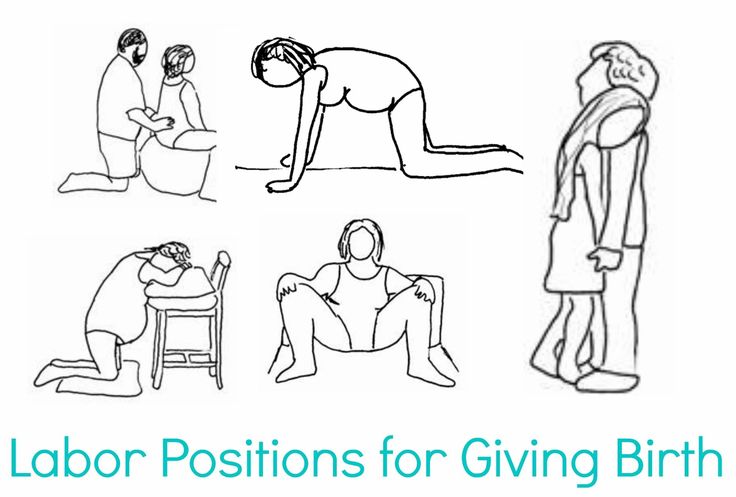
Get Start4Life pregnancy and baby emails
For information and advice you can trust, sign up for weekly Start4Life pregnancy and baby emails.
Video: How will I know I am in labour?
In this video, a midwife describes the signs that mean labour may be starting.
Media last reviewed: 1 November 2019
Media review due: 1 November 2022
Early signs & symptoms of labor: What to watch for
As you approach the end of your pregnancy, your excitement is probably reaching its peak. And it’s easy to wonder if every unusual sensation in your body is a sign that the big day is right around the corner.
The signs and symptoms of labor are unique for just about every mom-to-be. But as you get closer to welcoming your little one, it helps to be prepared and know what physical symptoms to expect and when.
Below, we’ll go over some symptoms that labor is coming soon but hasn’t started yet. And we’ll provide some tell-tale signs that it’s time to grab your bags – because labor is about to begin.
Signs that labor is coming soon but hasn’t started yet
A normal pregnancy lasts about 37 to 42 weeks from the date of your last period, so once you enter the later 30s, your body is starting to gear up for the main event. The following changes don’t necessarily mean it’s time to go to the hospital, but they are signs that the big day is approaching:
Dilation and other cervical changes
Some of the biggest changes your body goes through before labor may be identified during cervical exams. As you get closer to labor, your cervix can start to soften and efface (get thinner). These changes allow your cervix to then dilate (open and grow wider), which will be necessary to deliver your baby.
Starting around week 36, your doctor or midwife may check for changes to your cervix and the position of your baby.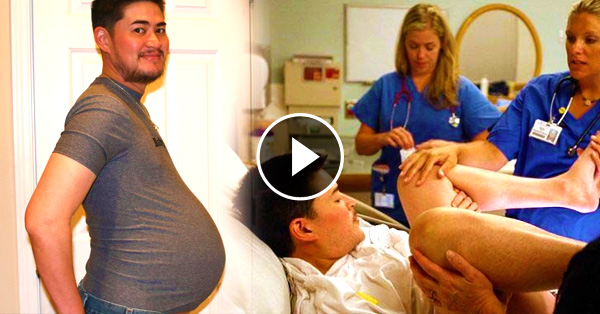 It’s important to remember that these changes progress differently for everyone. Progress might start slowly and then increase rapidly just before labor, or vice versa.
It’s important to remember that these changes progress differently for everyone. Progress might start slowly and then increase rapidly just before labor, or vice versa.
It’s also normal to begin labor and not have a lot of changes yet. Once labor truly begins, your cervix will continue to dilate until you reach 10 centimeters and are considered fully dilated. Full dilation is what’s needed to start delivery.
Braxton Hicks contractions
Braxton Hicks are mild contractions that happen irregularly and become more common in the third trimester of pregnancy. You might experience Braxton Hicks contractions well before other signs of approaching labor show up. They tend to become stronger and more frequent as you get closer to your due date. But is this cramping a sign of labor? Not in the same way that regular contractions are (we’ll get to that below). And not everyone notices Braxton Hicks contractions.
Aches, pains and looser joints
Throughout your pregnancy, the hormone relaxin will loosen the ligaments in your body, particularly those in your pelvis. This will help your body stretch and flex during delivery, but you may feel discomfort or pain in your pelvic area. As your due day approaches, it’s also common to feel a bit wobbly, particularly in your hips and lower back. This is because the muscles around your joints now need to work harder to keep those areas stable.
This will help your body stretch and flex during delivery, but you may feel discomfort or pain in your pelvic area. As your due day approaches, it’s also common to feel a bit wobbly, particularly in your hips and lower back. This is because the muscles around your joints now need to work harder to keep those areas stable.
Stomach issues
Stomach trouble isn’t out of the ordinary at any point during pregnancy. But it could intensify late in your third trimester, leading you to wonder, “Is nausea a sign that labor is approaching?” The answer is, sort of. Your baby is still growing and competing for space with everything else in your abdomen. As a result, you may experience indigestion and heartburn. But these issues can be with you for weeks or months.
However, a bout of diarrhea at the end of pregnancy can often be a sign that labor is 24 to 48 hours away. But those numbers can vary.
Lightening
As mentioned above, one of the things that doctors may check for during cervical exams is the position of the baby.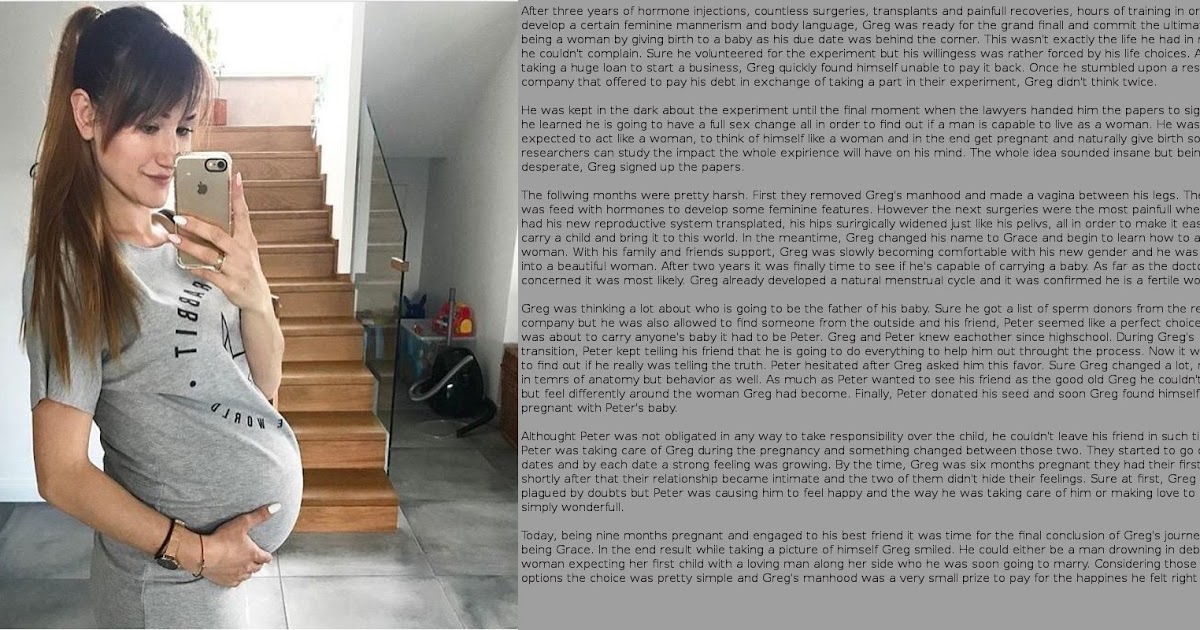 This is in part because as you get closer to your due date, your baby will most likely settle into your pelvic area, which is referred to as the baby “dropping” or lightening.
This is in part because as you get closer to your due date, your baby will most likely settle into your pelvic area, which is referred to as the baby “dropping” or lightening.
Lightening often takes place two to four weeks before labor for first-time mothers. Mothers who have given birth before may not experience lightening until much closer to labor.
Your baby’s new position may put added pressure on your pelvis and bladder. So you may be used to frequent urination as a pregnancy symptom, but even more frequent urination is a potential sign of labor to come.
However, lightening sometimes makes it feel easier to breathe. And it could also reduce heartburn thanks to less pressure on the stomach and organs.
Nesting instincts
Many mothers-to-be experience a burst of energy in the weeks before they deliver and an urge to get things done along with it. The science isn’t clear on why, but there are theories that it could be instinct or the result of peaking estrogen.
Whatever their cause, these “nesting instincts” may take the form of planning for labor, organizing or cleaning house, and doing other activities that help prepare for the baby’s arrival. If you experience this, just be sure not to spend all your energy on it. You’re going to want as much energy as possible going into labor.
Questions or concerns about labor signs? Our 24/7 BabyLine is free for our members and patients.
The first signs that labor may be starting
While signs that labor is approaching can vary a lot from person to person, some of the signs that labor is actually beginning tend to be more universal.
You start to experience real contractions
Uterine contractions are your body’s way of getting your baby into position so you can push the baby out. The first stage of labor is generally defined as when you start experiencing true contractions.
What do contractions feel like?
Early labor contractions are mild and irregular, lasting for hours or days.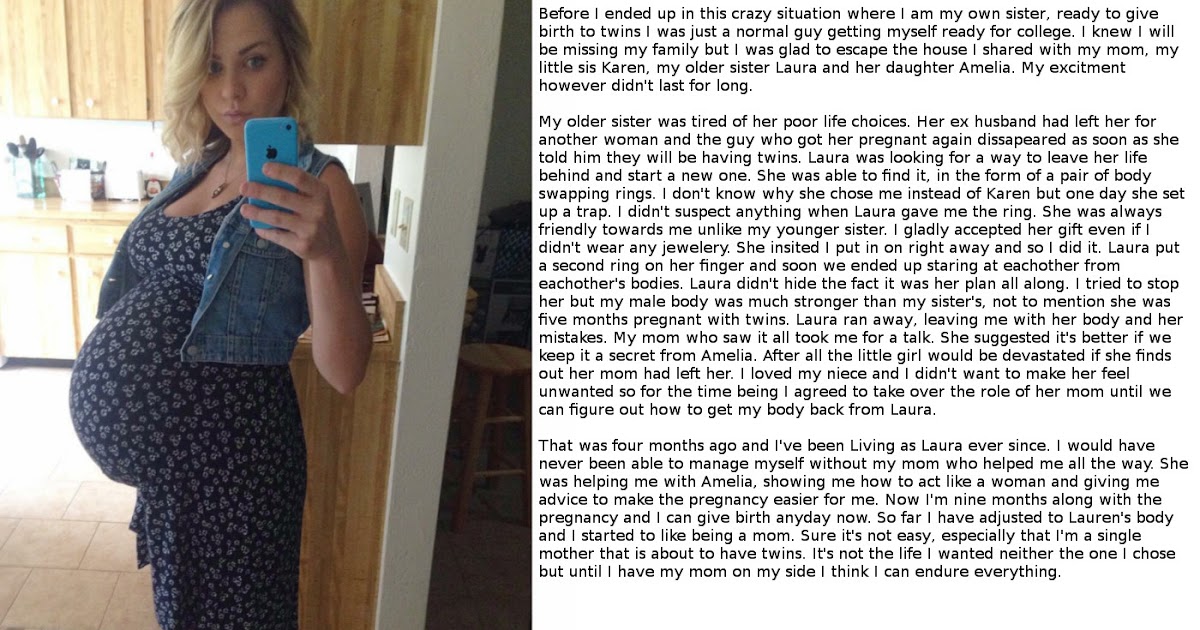 But as you progress towards active labor, true contractions become more intense. They’re often compared to menstrual cramps or the severe gut pain that might be related to gas or an intestinal issue.
But as you progress towards active labor, true contractions become more intense. They’re often compared to menstrual cramps or the severe gut pain that might be related to gas or an intestinal issue.
One of the main ways to tell true contractions apart from Braxton Hicks contractions is that normal contractions happen at regular intervals that become more frequent over time. You can track your contraction intervals either by using an app or phone, or by using a stopwatch and charting the start time and duration of each contraction on a piece of paper.
False labor vs. real labor
These key differences can help you tell when to go to the hospital for contractions.
| True labor | False labor |
|---|---|
| Contractions happen at regular intervals | Contractions happen irregularly |
| Contraction intensity increases | Contraction intensity is relatively consistent |
| The time between contractions shortens | The time between contractions doesn’t shorten |
| Discomfort remains regardless of position or movement | Changing position or moving around often relieves discomfort |
You feel consistent pain in your belly and lower back
Once contractions have truly begun, you’ll feel pain in your abdomen as a result.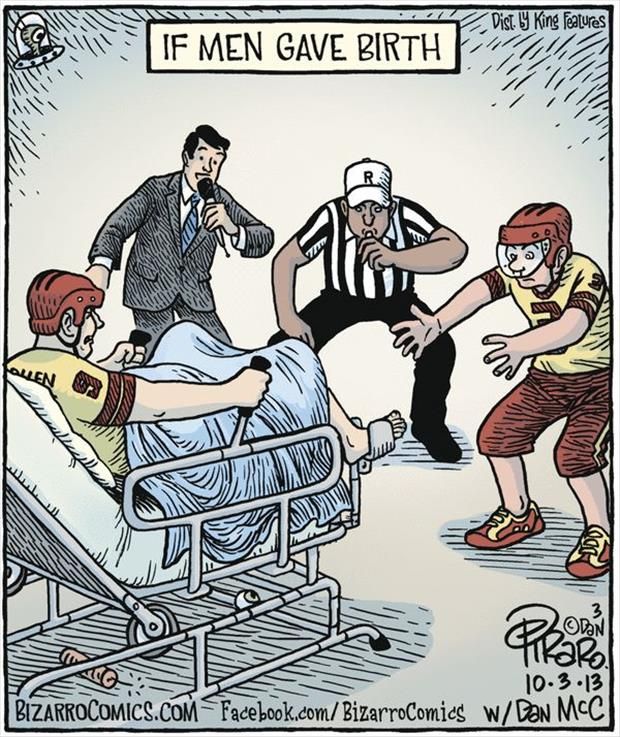 In addition, your baby’s head may put pressure on your lower back. So is this back pain a sign of labor? It can be. When labor is starting, pain can move in waves from your back to your front.
In addition, your baby’s head may put pressure on your lower back. So is this back pain a sign of labor? It can be. When labor is starting, pain can move in waves from your back to your front.
You lose your mucus plug and experience “bloody show”
What does losing your mucus plug mean? The mucus plug is a protective accumulation of mucus in the opening of the cervix, and as your cervix dilates, this “plug” may be passed into the vagina and discharged before labor starts.
Vaginal discharge containing this mucus may be thicker and have a pink or red color to it. This is due to bleeding from the cervix as it changes. When mucus and blood are discharged together, it’s referred to as “bloody show.” It’s worth noting that the mucus plug is often lost in the days leading up to labor, but it can also happen earlier or later depending on when you actually start to dilate and efface.
Your water breaks
During pregnancy, your baby is surrounded by amniotic fluid, which helps protect them from bacteria.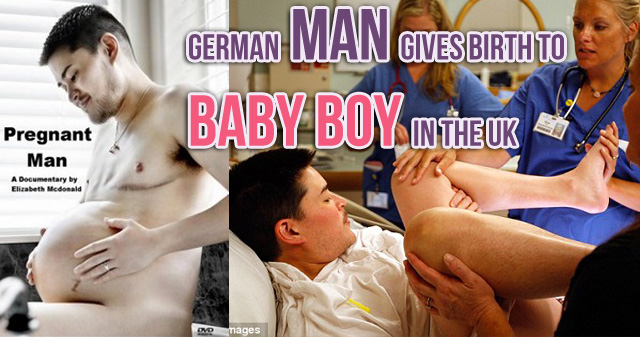 Around the beginning of labor, the sac containing this fluid often ruptures. This can take the form of a sudden gush or a slow trickle of fluid from your vagina, but it isn’t always obvious. So if you suspect that your water may have broken, call your care team or head to the hospital. It may take contractions or your baby applying pressure before your water breaks.
Around the beginning of labor, the sac containing this fluid often ruptures. This can take the form of a sudden gush or a slow trickle of fluid from your vagina, but it isn’t always obvious. So if you suspect that your water may have broken, call your care team or head to the hospital. It may take contractions or your baby applying pressure before your water breaks.
What to watch for: Signs of preterm labor
Labor is considered preterm if it starts three or more weeks before your due date. If you haven’t reached week 37 and you believe that you may be experiencing signs that labor is starting, call your care team immediately.
What to do if you suspect that you’re in labor
The most common signs that it’s time to go to the hospital are water breaking or regular contractions that are five minutes apart for at least an hour (if it’s your first baby). If you live farther away from the hospital or this is not your first baby, your doctor or care team may give you other instructions.
Labor is yours alone. Listen to your body and don’t be afraid to go to the hospital early if you have any concerns. And in the meantime, if you have any planning left to do, we’re here to help.
Signs and signs before childbirth. Signs before childbirth Folk signs about the date of birth
There is a belief that the name of the child should be kept secret until his birth. Since ancient times, it was believed that evil spirits, having learned the name of the child, would harm him and complicate his birth.
Most of the folk signs for easy, quick delivery have a logical justification.
Signs from grandmothers
Conspiracy for easy childbirth
Women try to follow signs for easy and quick childbirth. nine0003
There is a saying that in order to relieve pain during childbirth, it is necessary to open windows and doors, closets, untie knots on belts and ropes. How to clear the way for a child to enter a new world of life.
In ancient times, to relieve pain, a woman in labor was forced to chew her own scythe.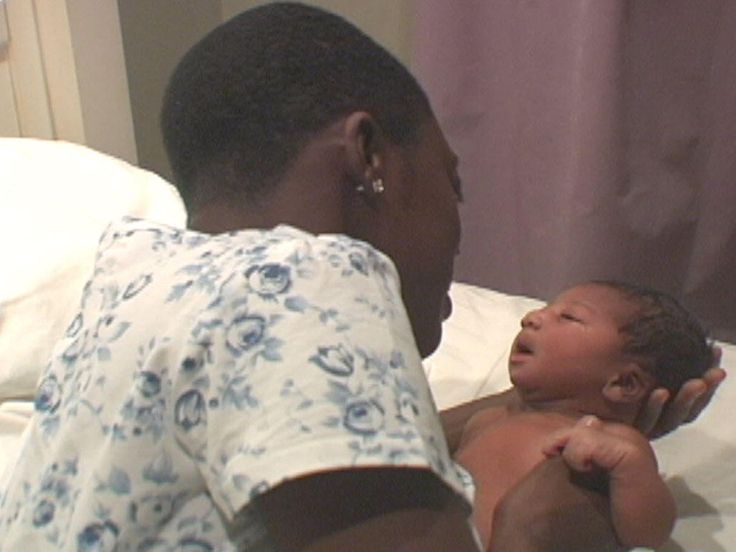
One should not tell anyone that childbirth has begun in order to avoid torment for the souls of all who have learned about the childbirth that has begun.
Lit wedding candles in front of the icon, according to beliefs, drive away death. nine0003
For the speedy birth of a child, midwives sprinkled the birth canal with sugar.
Popular signs also say that a mother will love her child less if the birth is easy and quick. It's hard to believe though! How can a mother love more or less her child.
To relieve the pain, the husband of the woman in labor should remove the shoes from her right leg and untie the belt, and the husband should also touch his wife's back with his knee.
In order for the delivery to be quick and easy, for three days after the woman is sent to the maternity hospital, nothing should be taken out of the house where she lives. nine0003
In the old days, it was believed that pouring ice-cold water around a corner on a woman expecting a baby meant “easy childbirth”.
In order to give birth without pain, a pregnant woman should take a bite of a crust of black bread, swallow it and say: Bread, Mother of God looked at you? Did you endure bodily pain during your birth? So I would look like that and not endure the agony during my birth.
In order for the delivery to pass quickly, you need to drop your veil and step over it several times.
To avoid premature birth, a pregnant woman should not raise her arms high when hanging laundry.
To prevent the baby from becoming tangled in the umbilical cord, knitting or sewing is not recommended during pregnancy. What is associated with the node representation. It was believed that the knot ties the child out into the world. However, some pregnant women like to knit and sew and are skeptical about such a sign.
A woman's belief in charm words, omens and beliefs helps her psychologically during childbirth, and the moral support of relatives and her beloved husband guarantees a successful and easy childbirth. nine0003
nine0003
A look at signs in modern medicine
Modern obstetrician-gynecologists, listening to such arguments of modern expectant mothers, come to quiet horror and agree only that it is not worth stepping over obvious obstacles - for example, jumping over ditches and climbing over fences, which can provoke a divergence of the bones of the symphysis or just lead to foot injury.
Superstitions for pregnant women are a big fantasy field. However, the wisdom of the ancestors regarding this important period has come down to our days. It is worth taking a closer look at the beliefs and understanding which ones have a rational basis, and which ones to bypass. nine0003
In the article:
Folk signs for pregnant women
Expecting a baby is the highest happiness in life , and it is natural that a woman wants to give birth to a healthy child. Given the state of the body and bursts of hormones, she becomes more anxious. And therefore, will pay attention to all the signs.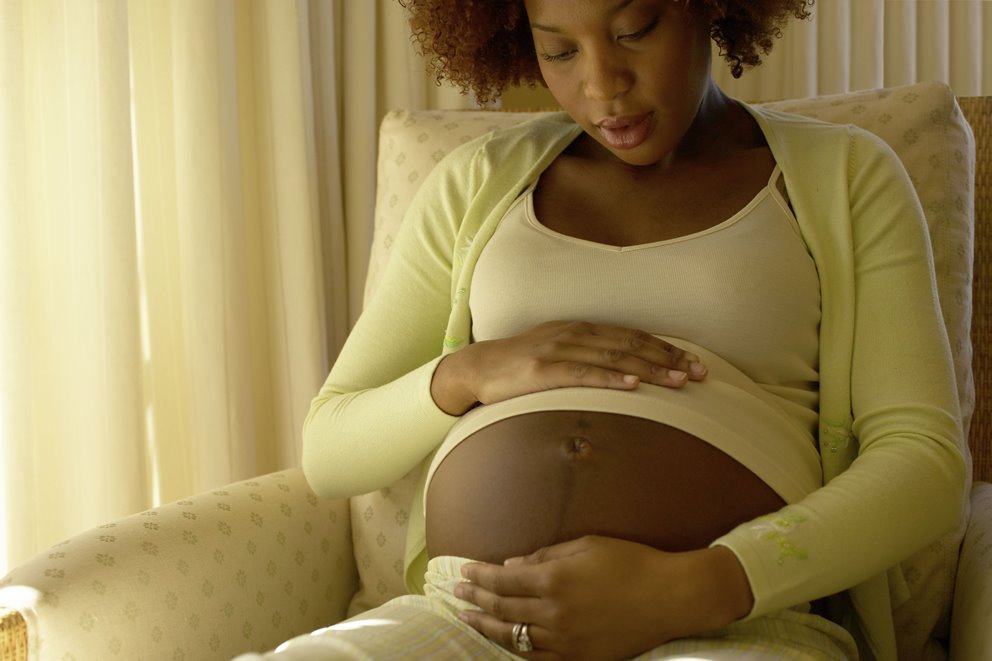 Signs for pregnant women can be divided into groups: what can and cannot be done in position. Below we will tell about them in more detail.
Signs for pregnant women can be divided into groups: what can and cannot be done in position. Below we will tell about them in more detail.
Boy or girl
Traditionally, they try to guess the sex of the child by the shape of the abdomen. A girl is in a wide and round one, and a protruding and sharper one indicates a boy. The stomach "looks" to the left to Masha, and to the right - to Sasha. Another interesting option for determining the sex invites the expectant mother to pay attention to the hair on her legs. Increased hairiness - expect a boy, bare legs - a girl.
There is an opinion that if at the time of conception a couple is in a formal marital relationship, they will have a daughter, otherwise a son. Daily sex during pregnancy increases the chances of a female child, and intermittently - male. Interestingly, everything can be a decisive factor in determining the sex of a small person. For example, future father's loose underwear will cause the birth of a daughter, and tight - a son.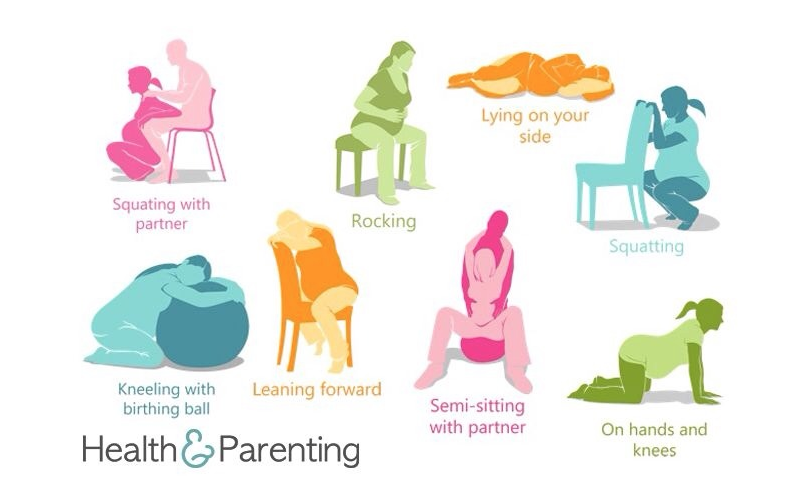
- If you sleep with your head to the north, there will be a boy, to the south - a girl.
Feeling cold in the legs during pregnancy also indicates the birth of another man. Another, no less interesting sign: if a woman flourishes in a position, wait for a hero, if she becomes silly - a princess. The mother of the baby wants plant food all the time, and the baby wants milk and meat. nine0003
- Swollen nose and swollen face are a sign of male sex.
nipples folk wisdom also knows how to determine the sex of a child. If their color has changed to a darker side - run for pink booties, in the light - for blue ones.
- A girl is more likely to cause toxicosis than a boy.
- But the hero provokes the appearance of hair on the abdomen, and the princess - age spots.
An accelerated heartbeat, as well as an increased temperature, indicate that you will have a son, and a slow and low temperature - get ready for a daughter.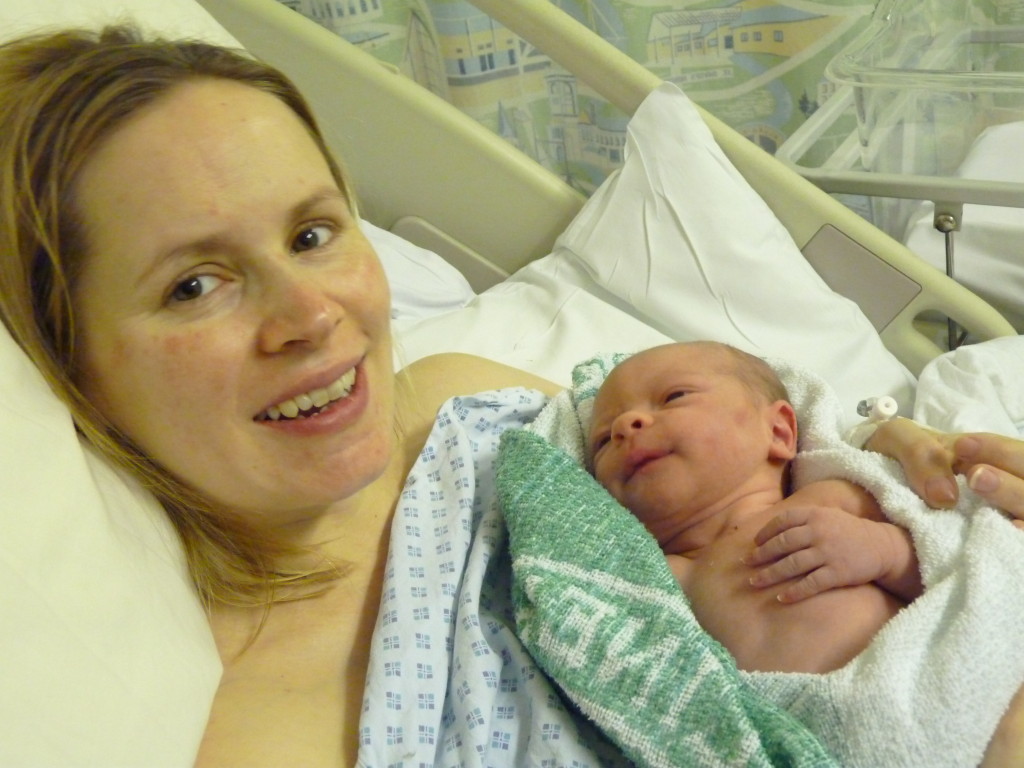 nine0003
nine0003
Popular signs about pregnancy - what not to do and why
If the expectant mother pricks and gets scared while sewing or cutting food, this can cause the appearance of moles in the child . Therefore, folk signs forbid the use of a needle and a knife by pregnant women. The same applies to touching the face. Touch it less often if you do not want the baby to have birthmarks. Another belief forbids a woman during pregnancy to stand on the threshold. Among the Slavs, it was considered the line between the worlds. Long stay on this frontier can hurt the baby . You can not step over brooms and logs. It was believed that this would offend the brownie, and regardless of the state of health and the events taking place in life. A separate sign exists and in relation to cats , with which a woman in position is forbidden to play.
In our time, doctors explained this superstition by the disease toxoplasmosis , which a pregnant woman can get from a cat. There is a special analysis that detects this disease in the early stages. Expectant mother should reduce consumption of red berries, as the child will be "red" skin, now known as diathesis . In order to avoid the evil eye , popular rumor forbids a pregnant woman to tell her friends and relatives about her situation. The same applies to the name that the parents chose for the baby.
There is a special analysis that detects this disease in the early stages. Expectant mother should reduce consumption of red berries, as the child will be "red" skin, now known as diathesis . In order to avoid the evil eye , popular rumor forbids a pregnant woman to tell her friends and relatives about her situation. The same applies to the name that the parents chose for the baby.
- Weaving knots can cause difficult childbirth, as the knot is considered a symbol of a dead end.
Do not sleep on your back - this makes it difficult for the fetus to breathe. The habit of sitting cross-legged interferes with blood circulation and can cause vein disease in the mother and crooked legs in the child. nine0003
Modern superstitions during pregnancy
It is not recommended to cut and dye your hair while you are pregnant. Hair is a symbol of vitality, and the shorter it is, the less it is. As for the paint, it used to contain a large number of substances harmful to the baby, which cannot be said about modern products. Photographing during pregnancy is not recommended. This ban is explained by the fact that the photo leaves the expectant mother and her developing child in static. The church has also contributed to the superstitions about pregnant women by banning medical sex determination and suggesting trust God's will in this matter.
Photographing during pregnancy is not recommended. This ban is explained by the fact that the photo leaves the expectant mother and her developing child in static. The church has also contributed to the superstitions about pregnant women by banning medical sex determination and suggesting trust God's will in this matter.
09/10/2012
Every mother-to-be wants the easiest possible delivery. Still would! After all, we are talking about childbirth not only about the health of the mother herself, but also about the health of the baby.
The healthier the childbirth process was, the less unpleasant surprises in the form of consequences after childbirth can be expected in the future. Our ancestors were well aware of this and created a whole set of laws, which we now call signs, in order to protect the child and expectant mother from negative consequences in childbirth. nine0003
The very word "omen" takes its roots in the word "notice" - that is, to notice something.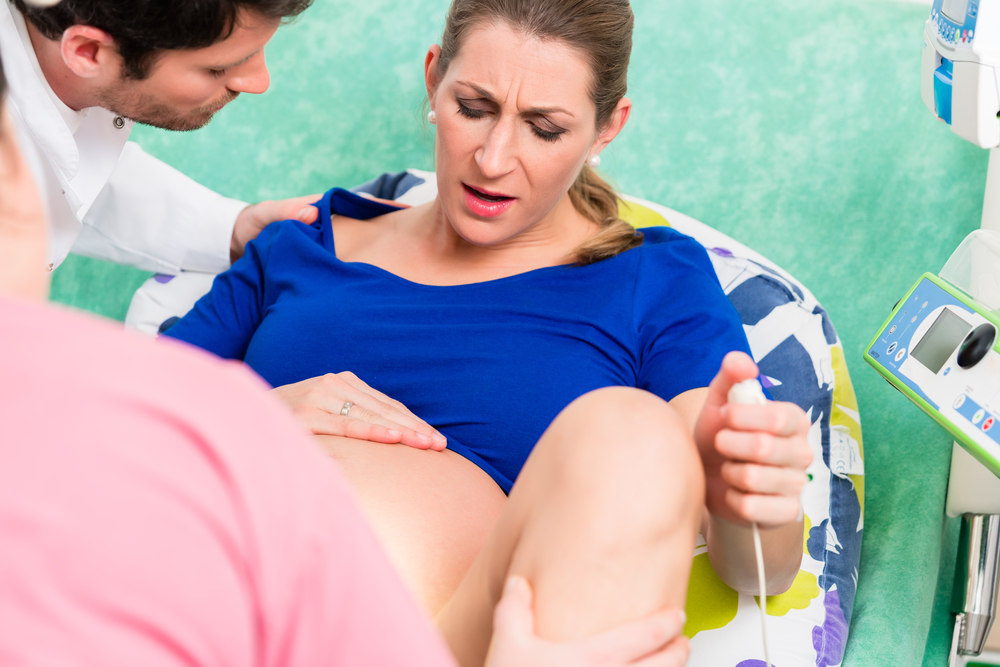 From the noted conclusions were drawn, many of which are confirmed by modern practice, both obstetric and therapeutic. Well, for example, everyone knows that pregnant women should walk a lot. Popular wisdom adds to this the advice to eat less and sleep less, more physical labor. But, signs are added - do not wear heavy weights and do not overtighten the belt of the skirt. How, how did they know this, having no idea about the internal structure of the body? And here - noticed. And food was advised to limit, so that the child would not be too big and it would be easier to give birth. nine0003
From the noted conclusions were drawn, many of which are confirmed by modern practice, both obstetric and therapeutic. Well, for example, everyone knows that pregnant women should walk a lot. Popular wisdom adds to this the advice to eat less and sleep less, more physical labor. But, signs are added - do not wear heavy weights and do not overtighten the belt of the skirt. How, how did they know this, having no idea about the internal structure of the body? And here - noticed. And food was advised to limit, so that the child would not be too big and it would be easier to give birth. nine0003
It was forbidden to look at the fire, go to wakes, funerals, look at the disabled and holy fools. They believed in imitative magic - that is, that like attracts like. And if the future mother will look at all this, then the child will be born either dead, or with a “burn” on her body, or with a serious illness. Although, in principle, modern ideas have not gone so far: expectant mothers are advised to look at the beautiful, listen to the classics and enjoy life.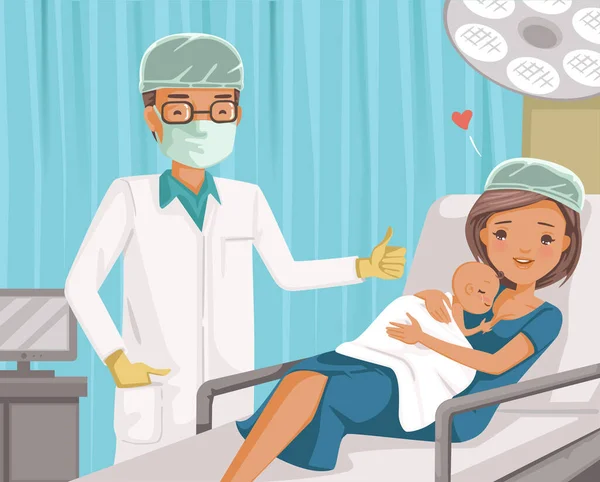 It was strictly forbidden to swear with the expectant mother - otherwise the birth would be difficult, nervous, painful, and the child would then be angry and nervous. Modern obstetric science also confirms this. nine0003
It was strictly forbidden to swear with the expectant mother - otherwise the birth would be difficult, nervous, painful, and the child would then be angry and nervous. Modern obstetric science also confirms this. nine0003
Now about signs that seem to have no basis. You can’t step over a ball of thread, through a rope, raise your hands high, throw something heavy back over your head (for example, a sheaf). Reminds modern prohibitions for expectant mothers to wash windows and doors, doesn't it? Balls of thread and rope are tied to the umbilical cord and possibly around the neck of a newborn baby. Throwing weights over the head - with premature discharge of water and the corresponding consequences. In the later stages, it was also forbidden to kick livestock under the stomach or pull it somewhere: in this case, they expected a protracted birth. nine0003
In some regions it was generally considered unlucky to meet a pregnant woman on the street. Therefore, pregnant women for long periods were mostly at home or not far from it - which thus protected them from the notorious birth in the field (which was much less than we are told).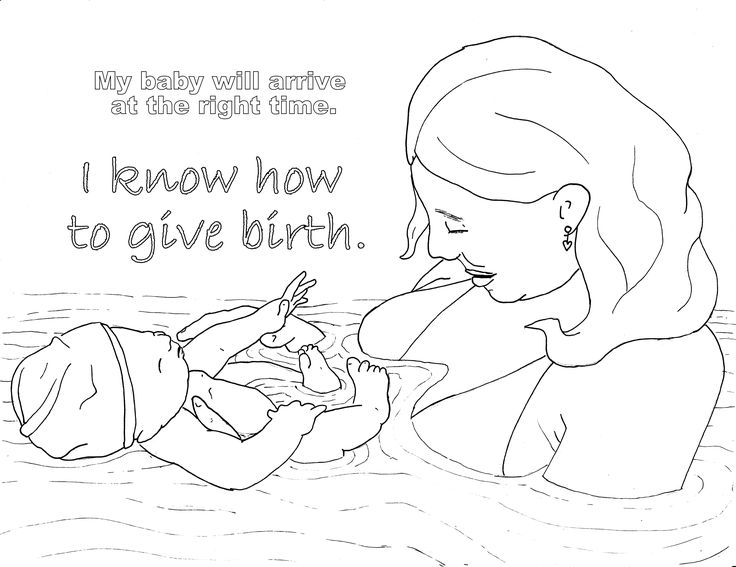 This sign, of course, did not refer to family or friends and relatives, but to strangers.
This sign, of course, did not refer to family or friends and relatives, but to strangers.
Undoubtedly, such a huge number of signs is also associated with a huge number of deaths in childbirth or after them - both children's and maternal. And magical thinking, as well as magical ways of controlling reality, helped our ancestors, if not physically, then psychologically, to protect themselves from the upcoming event, or rather, not from the event itself, but from negative consequences. And despite the fact that the main modern sign for an easy birth is a preliminary agreement with a midwife and a doctor, a number of folk signs have been confirmed by research. Therefore - the safe and God saves. If any of these signs sunk into your soul, it certainly will not be worse for anyone from observing it. nine0003
Have an easy delivery!
Christina Vyazovskaya
| 06/15/2011 Childbirth abroad |
| 01/15/2011 Restoring the body after childbirth |
| 09/15/2010 Husband during childbirth: is it necessary? |
Signs associated with the birth of a baby are passed down from generation to generation. Some sincerely believe in folk beliefs, while others simply follow family traditions. A woman who is preparing to meet her baby is ready to do everything to make the birth perfect. Following traditions before getting ready for the maternity hospital will help you get in a positive mood.
Beliefs for an easy birth
The following rules will help you survive the process of the birth of a baby without complications. nine0003
1. With the onset of labor, relatives should open all cabinet doors and windows in the house of the woman in labor. In this form, everything should remain until the moment the baby appears. It is believed that observance of signs helps the child to pass through the birth canal more easily.
My parents believe in the omen described above. The son was born in winter. Fortunately, the birth only lasted a few hours.
While a woman is giving birth, all windows and doors in her house should be open.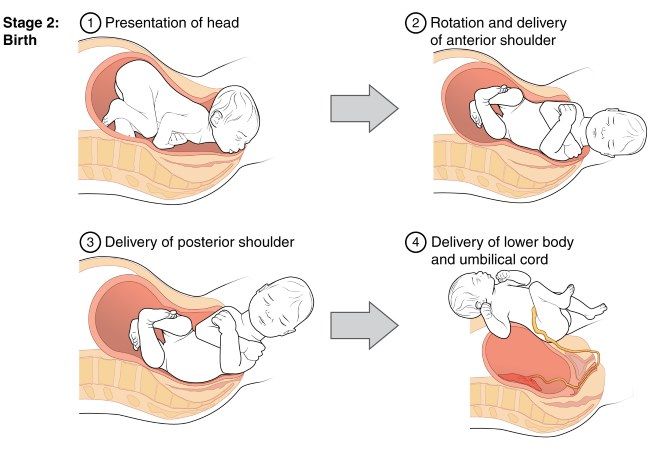
2. During contractions, a woman should unplait her hair, remove all knots on her body, remove her underwear. If this is not done, labor will take a long time and there is a risk that the baby will be entwined with the umbilical cord. nine0003
Before childbirth, according to tradition, one should undo the braid and remove all knots from the body.
3. During contractions, the expectant mother should put her veil on the floor and step over it back and forth. According to legend, such actions help relieve discomfort during contractions, and the baby will be born without complications.
If a woman steps over her veil back and forth during contractions, childbirth will take place without complications
Personally, I don't believe in this omen. I think that a girl should look attractive even during pregnancy. And split ends and regrown bangs spoil the image. nine0003
5. Expectant mother should not knit. Many believe that such actions can lead to the baby being wrapped around the umbilical cord inside the womb.
To prevent the baby from getting wrapped around the umbilical cord inside the womb, the expectant mother should not knit
6. In the last months of pregnancy, you should not raise your arms high (for example, glue wallpaper, hang clothes, hang curtains). Such actions can lead to entanglement of the baby with the umbilical cord and premature birth.
7. Medical personnel working in the maternity ward also have their own original beliefs. nine0007 So, obstetricians have a tradition of laying out all the instruments to the maximum before taking delivery in. It is believed that in this case they will definitely not be useful and a new little man will be born without complications.
If obstetricians have laid out all their instruments, do not be alarmed, this is a good omen
Signs for the happiness of a newborn
luck.
Lucky ones who are born in a shirt, that is, without a rupture of the membrane, unfortunately, are few, including because the bladder is often pierced according to indications to stimulate labor
2. Within three days after the birth of a child, it costs nothing to anyone give from home, lend money. If you believe the sign, in this way you can give away the happiness and luck of the newborn.
Within three days after the birth of a child, it costs nothing to anyone give from home, lend money. If you believe the sign, in this way you can give away the happiness and luck of the newborn.
Within three days after the birth, money and things should not be given or loaned to anyone
3. It matters in what position the baby first saw the world. If the baby was born face up, he will have strong immunity. If a small person was born face down, he will be in poor health, often get sick. nine0003
The tag from the maternity hospital must not be shown to strangers
5. A child will never suffer from epilepsy if the umbilical cord is tied with a red thread made of natural silk.
6. If a baby saw the world with long nails, soon the newly-made mother will return to the maternity ward for a brother or sister for her first child. But you can't cut a baby's nails in the maternity ward, otherwise you'll have to stay here .
If the baby was born with long nails, he will soon have a brother or sister
7. If even before the birth it was possible to find out the sex of the unborn child and come up with a name for him, you cannot share information with others. It is believed that evil spirits, knowing the name of a little person, will be able to harm him, complicate the process of labor activity.
If even before the birth it was possible to find out the sex of the unborn child and come up with a name for him, you cannot share information with others. It is believed that evil spirits, knowing the name of a little person, will be able to harm him, complicate the process of labor activity.
8. Sleeping newborns are not allowed to be photographed. It is believed that the soul of a baby during sleep is very vulnerable. With the help of such pictures, a child can easily be spoiled. You can also unwittingly jinx the baby if you praise him (say how handsome and cute he is). nine0003
Wait 28 days, when the newborn period is over, and then arrange photo shoots
Believe it or not, each mother makes her own decision. It is much more important to learn to listen to your body and seek medical help in a timely manner if you feel worse in the last months of pregnancy.
Expectant mother should not look at ugly and scary things - this can affect the child's appearance .
Medicine agrees with this. Stress, anxiety have a bad effect on the condition of not only the mother, but also the baby. Therefore, pregnant women should avoid negative impressions and spectacles. More joy, more pleasant experiences. May beautiful music, painting, beautiful things surround you during this period. Look at happy, beautiful people and dream of that joyful day when you take your wonderful baby in your arms! And if, nevertheless, you looked at something not too pleasant, and it worries you - use the folk recipe - how to neutralize the negative influence: you need to look at the sky or at your own nails and say “mind me” three times. Whatever the mother experiences, the child also experiences. nine0003
A pregnant woman should not swear and quarrel, otherwise the baby will grow up to be angry.
Any doctor will tell you that pregnant women should avoid any conflict situations and noisy places. Fear, irritation, resentment lead to an increase in blood pressure, impaired placental blood flow, which can affect the health of your baby.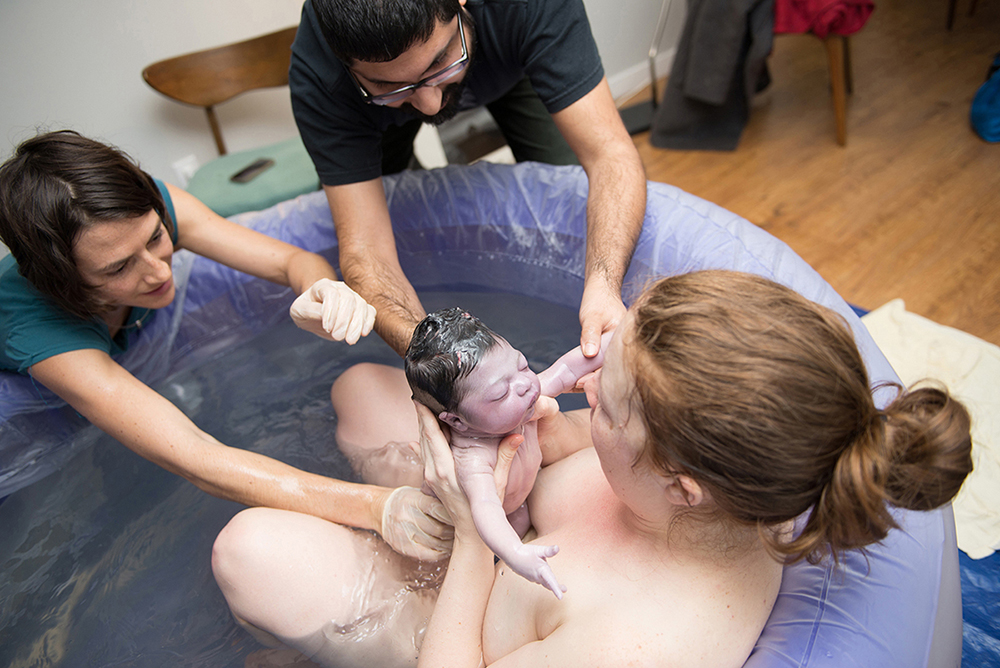
Expectant mother should not sew, knit or buy things for her child.
That's right! Entrust the chores to relatives - dad, grandmothers, aunts. Do not deprive them of this joy. Think for yourself - why do you need to push around in transport and stuffy shops, where there are a lot of people coughing and sneezing! Wouldn't it be better for a child's health to go for a walk in the park or devote his free time to water aerobics classes. nine0003
A pregnant woman must not sit on the threshold (windowsill, table, etc.)
Of course not! It doesn't take long to fall from a height. And then, drafts are simply unacceptable while waiting for the baby. So do not be frivolous and take care of your health.
Pregnant women should not eat in secret - the baby will be born shy.
Firstly, eating dry food or on the go is harmful. In addition, if you are “caught off guard” at the refrigerator at night, you can be very scared. Why do you need extra stress? nine0003
Pregnant women should not reach up and hang clothes.
Gynecologists believe that from the 20th week of pregnancy, this is really not worth doing. This position of the body provokes the outflow of amniotic fluid and premature birth.
Pregnant women should not play with a cat, take it in their arms - otherwise the child will have many enemies.
Cats carry the causative agent of toxoplasmosis, a very dangerous disease for pregnant women. Through the placenta, the pathogen enters the bloodstream of the child. Congenital toxoplasmosis is a serious disease that affects the nervous system of a child. A woman can get sick without even knowing it! Therefore, it is better not to take risks! Don't touch other people's animals. If a cat lives in the house, be sure to visit the veterinary clinic, where she will be tested for the presence of toxoplasmosis pathogens. During pregnancy, do not go to the cat litter box, shift these worries to the household. As a last resort, use rubber gloves. nine0003
A pregnant woman should not step over fruits growing in the ground (potatoes, carrots, etc.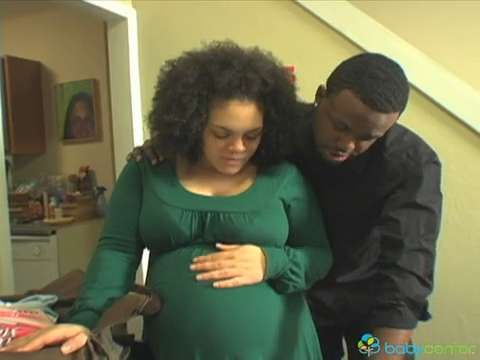 ): a miscarriage may occur.
): a miscarriage may occur.
You can't walk over a log and climb over a window: childbirth will be difficult.
Hair must not be cut before childbirth: the baby may still be born.
For the same reason, you can not sketch the appearance of a pregnant woman and photograph her.
The mother-to-be must not prepare the dowry for the child herself, otherwise the child may be born dead. nine0008 However, all other family members are not forbidden to do this.
A mother-to-be should not grasp her face, hands, or torso out of fear, because the child may again develop birthmarks in those places.
An empty cradle must not be rocked, otherwise there will be no place for the unborn child in it.
If a mother wants her child to be rich, then she should not borrow for nine months, and when the child is born, it should be put on a shaggy sheepskin coat.
It is impossible to refuse a future mother's request, especially if she asks for food, even the most strange and exotic. If you refuse, there will be a loss in the economy. nine0003
If you refuse, there will be a loss in the economy. nine0003
Light first three months of pregnancy - a boy will be born, heavy - a girl.
In order for the birth to proceed normally, it is necessary to open everything in the house that opens (closet doors, drawers, oven, windows), and leave it like that until the woman in labor returns home.
When a woman in labor is taken to the maternity hospital, then from the house where she lives, nothing should be given to anyone for three days - so that everything goes well for her.
A woman in labor is allowed to chew her hair - childbirth will be easier.
One should not tell anyone about the day and hour of childbirth, so as not to jinx it.
The one who was born on the new moon will live happily ever after.
If a boy was born like his mother, and a girl like her father, they will be happy.
Happy will be the child born “in a shirt”, i.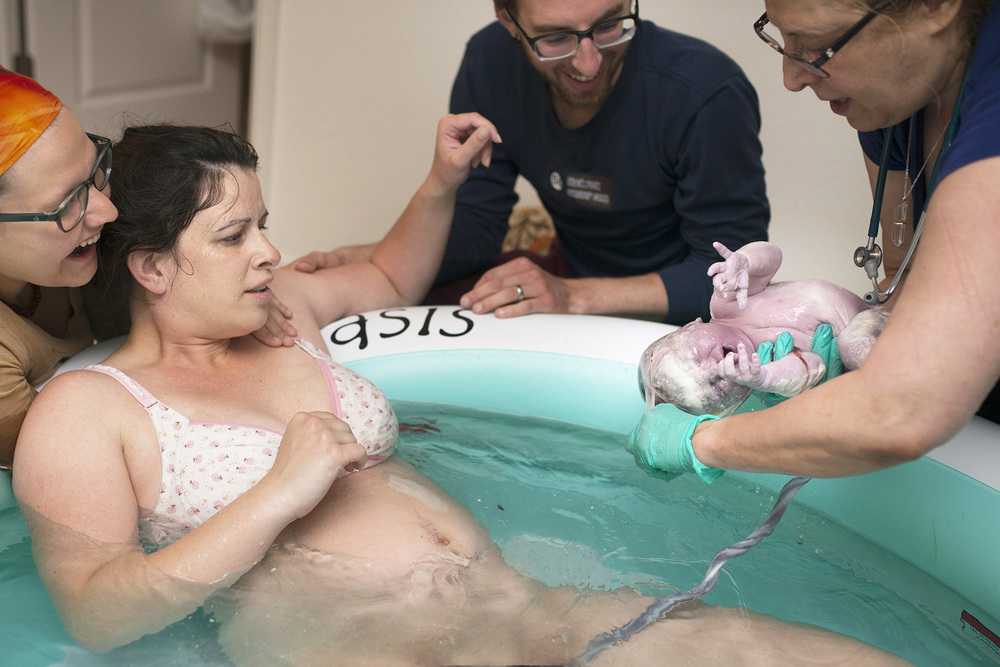 e. in the fetal bladder. It is immediately cut open at birth to prevent suffocation. It was customary to take care of the "shirt". It was dried on the stove and kept in a chest with clothes. nine0003
e. in the fetal bladder. It is immediately cut open at birth to prevent suffocation. It was customary to take care of the "shirt". It was dried on the stove and kept in a chest with clothes. nine0003
If a pregnant woman's belly is covered with fluff (hair), it means that there will be a boy.
This condition is caused by an increased amount of male hormones in the body of the expectant mother. This is individual. But one thing is for sure: there are a huge number of women who, having hairy tummies, gave birth to girls.
If the belly of a pregnant woman is high and wide, there will be a girl;
A high abdomen may indicate that the woman is having her first pregnancy or that she is in good physical shape. The muscles that support the uterus become weaker with each pregnancy, which contributes to the lowering of the abdomen. If the belly protrudes forward, the pregnant woman may not have a very wide body, so the child simply has nowhere to go. A wide belly is a sign that the fetus is still located sideways. nine0003
nine0003
If a woman's belly is "sharp", pointing forward and her pregnancy is not visible from the back, then she is likely to have a boy. If the belly is “girdle”, spherical, protruding on the sides too, then a girl is more likely to appear.
Mothers of girls usually change appearance during pregnancy: the face becomes puffy, the cheekbones and nose increase, age spots appear (the daughter takes beauty away from her mother). If the expectant mother is getting prettier every day - to the boy. nine0003
Fast heartbeat - a girl, slow - a boy .
Baby girls (according to studies) are indeed born with a more frequent heartbeat than boys. But this only applies to childbirth. During pregnancy, heart rhythms do not differ by gender.
If you pour water on a pregnant woman during a drought, it will rain.
Superstition has a mystical basis, linking two concepts: a pregnant woman, as a symbol of fertility, and rain, on which the harvest depends.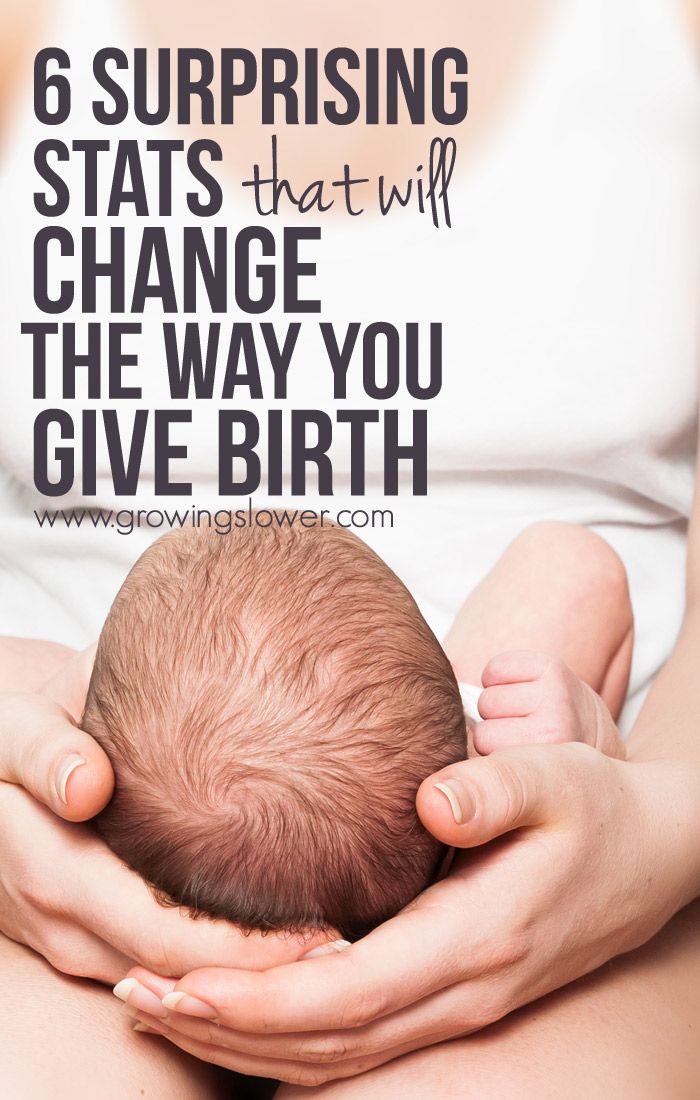 nine0003
nine0003
If you meet a pregnant woman - be lucky, if you see in a dream - be successful.
The belief is based on the association of a pregnant woman with fertility, the continuation of life. It was also believed that if she hit the cow three times with her apron, she would calve better.
Father of a newborn is treated with salted porridge with pepper!!!
It was such a custom among the Slavs. The point is for the man to understand that it was “salty and bitter” for the wife to give birth. It is these words that are worn out, bringing him a spoonful of porridge. nine0003
They say that if a boy is dreamed in a dream closer to childbirth, a girl will be born and vice versa
Folk omens-2. Childbirth and newborns
I will continue the topic of folk signs. You can believe in them or not believe in them, but they have existed since ancient times. I managed to prepare a selection of signs on the topic of childbirth and newborns thanks to Alexander Aksenov, who collected them for his book.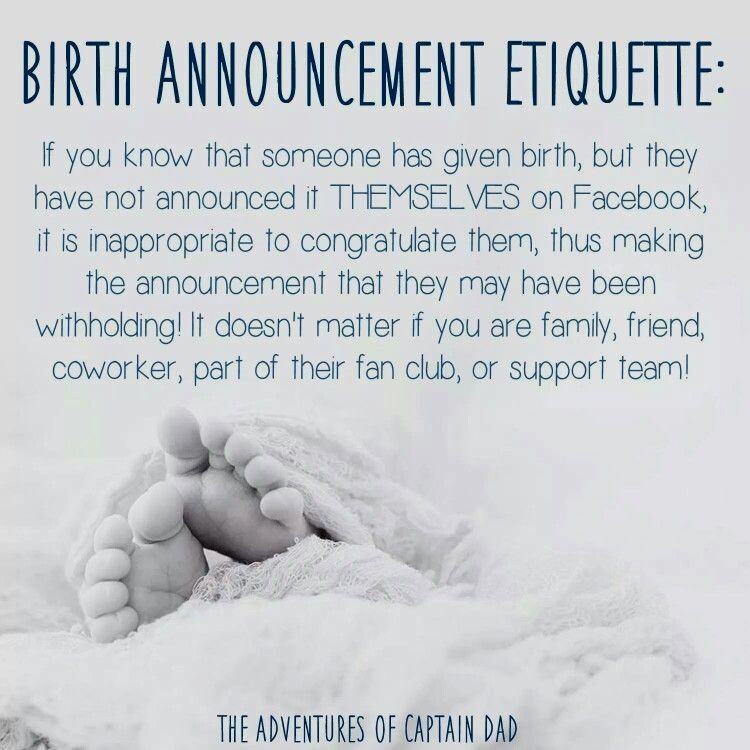
Childbirth and newborns
In order not to cause harm to the woman in labor, other pregnant women or sick women should not come to her. nine0003
During childbirth, a woman in labor must untie the hair on her head, if it is tied.
When a woman is sent to a maternity hospital, no one needs to be told about it. Otherwise, the woman in labor will suffer for the soul of every person who knows that she is in childbirth.
To facilitate childbirth, it is advisable to place a lighted candle near the woman in labor.
In order for a father to love his baby, the newborn must be received in his father's shirt.
To speed up childbirth, a woman in labor puts elderberry shavings into her mouth. This causes vomiting and uterine contractions. nine0003
To increase postpartum discharge in parturient women, it is necessary to drink a decoction of Chernobyl.
To avoid premature birth, it is necessary to drink a decoction of elecampane root.
If a woman steps into the water in which the woman in labor was washed after childbirth, or in which the bloody shirt was washed, or in the place where the woman in labor urinated, then she may not have menstruation or be twice as abundant.
During childbirth, a woman in labor must remove her gold jewelry.
A woman who is menstruating should not visit babies, otherwise the child will develop skin diseases.
It is necessary to put a little honey, elecampane, a silver coin in the first font for breastfeeding in order to grow healthy, beautiful and rich.
You can not rock an empty stroller in which they carry an infant, the child will sleep.
Do not step over small children - they will grow poorly and get sick.
The font in which the child is bathed must not be taken out into the yard at sunset or after sunset - the child will not sleep. nine0003
Babies should be bathed without strangers to avoid jinxing
Do not bathe babies if you have fed them this. Try to bathe on an empty stomach.
Try to bathe on an empty stomach.
It is impossible to feed a baby in front of other people's eyes - the mother's milk may disappear.
Before breastfeeding your baby for the first time, give him warm boiled water with honey to drink.
After sunset, you can not look at the child outside through the window - he will not sleep.
If there are children under one year old in the house, then do not take anything out of the house after sunset (slop, garbage). If they ask you for something after sunset, don't give it. Otherwise, the child will get sick. nine0003
After sunset, do not toss children over their heads - they will be frightened and will not sleep.
Do not cut your child's hair until the age of one.
Do not urinate while holding a child, otherwise saliva will flow from his mouth.
Don't let your child look in the mirror until the age of one - he will be frightened.
It is impossible to look at a child from behind the head - it will be shy.
To prevent children from crying, one should not go to the well at night for water. If water is brought, then it is necessary to throw a burning match there so that the water is purified. nine0003
If the baby cannot completely swallow the mother's milk while suckling, and it spills out of the mouth, then the baby will have burr. It is necessary to check the frenum of the tongue, and if it is short, does not allow the tip of the tongue to move freely, then it must be cut.
When there are babies in the family, do not leave spoons in the bowl overnight - the children will cry.
To make your children loved in the future, make them a lovage font.
If you take a baby with you to the field or garden, do not put them in the
furrow or at the boundary - the children will get sick.
Do not burn a baby carriage, it may happen that you will not have children in the future
.
If an infant chokes on milk while feeding, do not disturb him. Just blow on his head.
Just blow on his head.
Do not hang anything on the cradle rails - the baby will not sleep.
When weaning a child, look at the church calendar so that there is no Great Martyr's Day on that day.
Infants are not fed during thunderstorms. nine0003
If your baby is not teething well, let him chew bread crust.
If you are weaning a child, then you need to cut off a piece from the whole bread and take a pinch of salt, give it to the child and say: “Here, go to your bread. So that you may be rich and big, like this holy bread."
Try to give babies as few sweets as possible. don't apply again.If you apply again, then the child will grow up to be ogly, and if you do this three times, then the child will have a "deadly evil eye": he will stare not only at those around him, but also at himself.0003
A child can also become eye-catching if, after giving birth, the mother does not have milk, and all the women in the ward take turns feeding him. It would be better if one woman feeds such a child.
Don't let infants and small children kiss each other: firstly, they won't talk for a long time, and secondly, children will develop stomatitis.
Try not to sew shirts from new material until the age of children. In order for your children to live together in the future, it is necessary to put on the shirt in which the child was baptized for the first time, in turn, on all subsequent children. nine0003
Grips - shortness of breath in a child, accompanied by inflammation of the bronchi and lungs. They can be if you give the child a cold breast.
A sick child is hovered over alder one-year-olds, and also bathed in violet broth. Drinking a decoction of tricolor violet helps a lot.
A baby should not blow in the face, it can squint with its eyes.
Rubbing mutton fat into the crown, bridge of the nose, chest of a sick child helps a lot. In the absence of lamb fat, unsalted pork can be used. nine0003
If a child has whooping cough, then you need to take a ripe apple, cut the inside to half, put a few grains of incense there and bake the apple in the oven. Feed a sick child with a baked apple.
Feed a sick child with a baked apple.
In whooping cough, the sick child is carried at sunrise in a field of green rye.
Good help.
A wedding silver ring is placed in the font of children who suffer from jaundice or dryness.
When the children grow up and start walking, do not hit them with a rag - they will live in poverty. nine0003
In order for the child to start walking earlier, it is necessary to walk him on the floor during Easter morning.
If the child has birthmarks on the body, then the mother should lick the birthmarks with her tongue every morning on an empty stomach, saying: “As the saliva comes off, so that it also disperses.”
3 almond kernels before sunrise for a month
If the child is not sleeping, saliva should be taken from the young calf and smeared with it on the crown of the head and the entire body of the child.0003
If an infant is weak, thin, sickly, it means that he has "dryness". In this case, it is good to bathe the child in water with the addition of 1-2 tablespoons of pigeon droppings.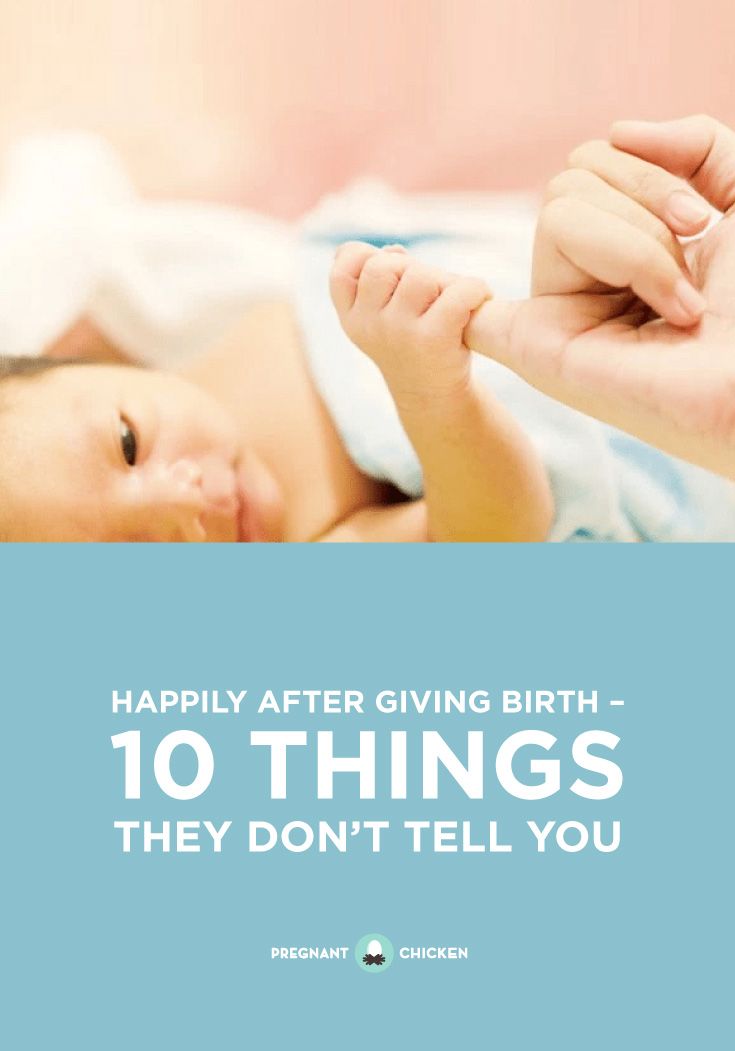
If an infant has died, it must be buried in the same clothes as in the church.
For your child to be healthy, it is necessary to wipe his mouth, eyes, hands, feet, head with a clean cloth moistened with holy water on Easter. Sacred water is also necessary to drink your child.
When the baby is first placed on the breast, it should be placed on the right breast. The baby will be healthier and will be better at breastfeeding. nine0003
Don't pinch a child's cheeks - it will be slobbery.
Do not kiss the child on the soles of the feet - he will not walk for a long time.
Adults should not kiss infants on the lips - the child will have stomatitis.
After sunset, you can not laugh at the child - he will cry, and if you laugh, then you need to spit 3 times in the direction of the child.
Try not to show your child to anyone until the age of one - it will be calmer.
Laundry, especially baby clothes, must not be hung upside down for drying, and shirts must not be hung upside down. nine0003
nine0003
A child may develop stomatitis if he puts a comb in his mouth.
If a dog runs across a child's diaper, the child may develop joint diseases.
Try not to go to crowded places with a child under one year old, and if you have, then you need to run your hand over your face, clothes, as if removing dirt from the child, and say: "Follow the wind."
If someone looked intently at a child or at you, then you need to say to yourself: "Salt in your eyes, not once, but three times." nine0003
If the child is unbaptized and becomes restless after a walk, pour a tablespoon of nettle with a glass of boiling water, let it brew for 15 minutes, strain. Drain this decoction 3 times through a sieve and, moistening the hands in the decoction, wipe the baby’s wet palms three times in the direction from the top of the head to the feet, after each wipe, shake off your hands and say: “Where it came from, it went there.”
Do not swing your children on their feet - they will be frightened.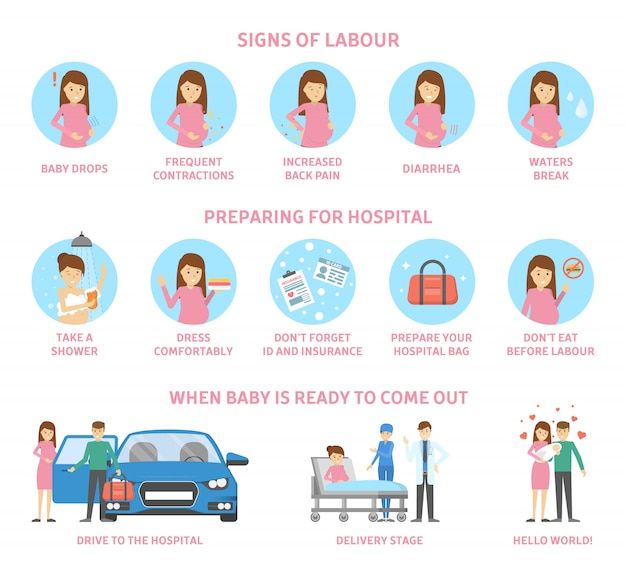
 And this is despite the fact that conditions are improving, doctors are becoming more developed in a certain respect, the service is also becoming more humane.
And this is despite the fact that conditions are improving, doctors are becoming more developed in a certain respect, the service is also becoming more humane. 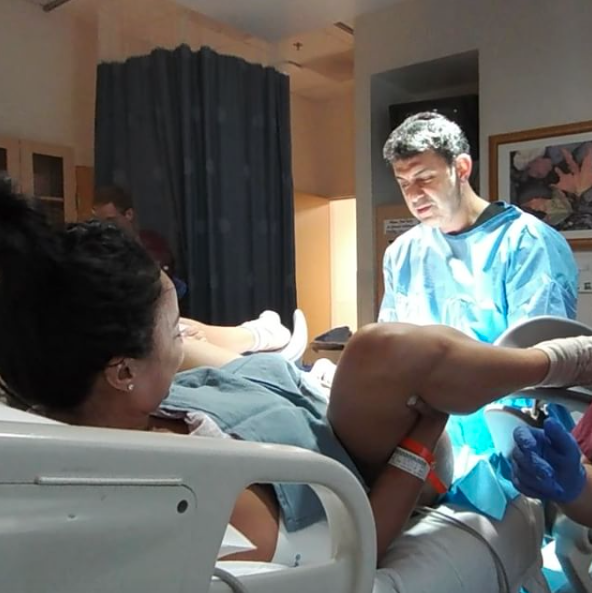 nine0003
nine0003 
